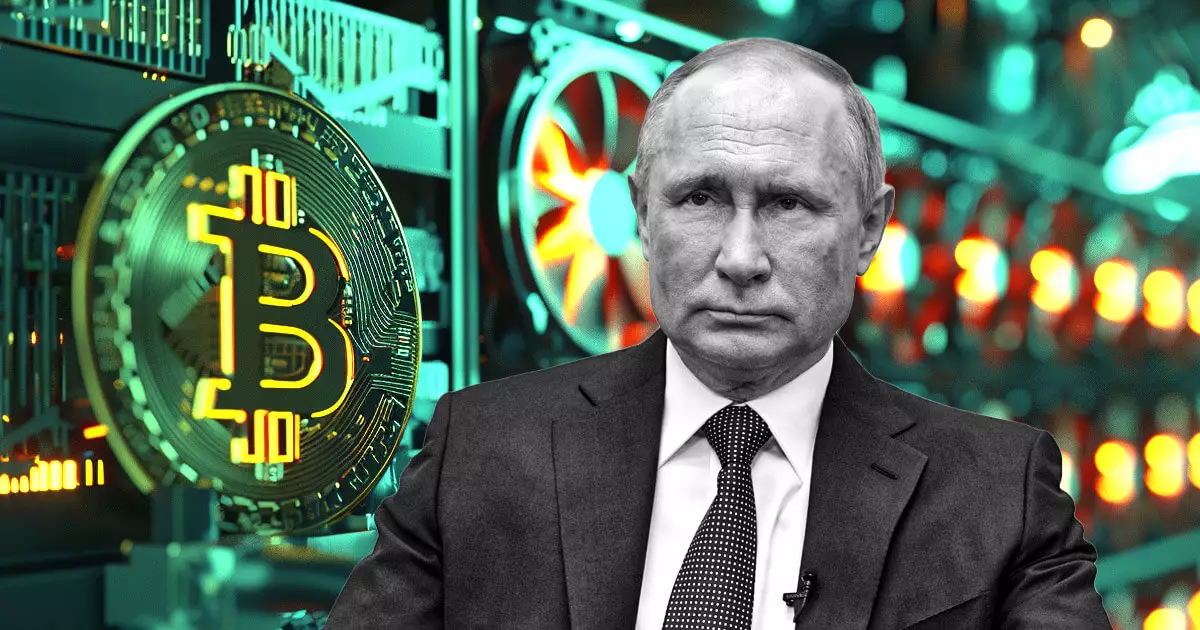Russian President Vladimir Putin recently expressed concerns about the impact of cryptocurrency mining on power supply in various regions of the country. He emphasized the uncontrolled electricity consumption by Bitcoin and other crypto mining facilities, leading to power shortages in areas such as Irkutsk region, Buryatia, and Trans-Baikal Territory. Putin highlighted the severity of the issue, stating that it could potentially disrupt business operations, residential areas, and infrastructure development.
According to Putin, crypto mining activities in Russia account for 16 billion kilowatt-hours annually, equivalent to 1.5% of the country’s total electrical consumption. He attributed the increasing usage to lower electricity prices in Russia and the ease of relocating mining equipment. In response to the growing concerns, Putin outlined plans for federal mining legislation, including proposals for taxation and tariffs. Russian lawmakers are set to deliberate on draft legislation that would restrict large-scale mining operations to approved companies and allow the government to forbid mining activities in regions experiencing energy shortages.
In addition to addressing the challenges posed by crypto mining, Putin called for a broader implementation of Russia’s central bank digital currency (CBDC), the digital rouble. He emphasized the success of the ongoing digital rouble pilot program, which has facilitated over 27,000 transfers and 7,000 payments for goods and services. The pilot program has showcased the efficiency and functionality of the digital rouble, with participation from 12 banks, 600 individuals, and 22 trade and service enterprises across 11 cities. The central bank initiated the pilot program in August 2023 to explore the potential of digital currency in the Russian economy.
Recent developments in Russian legislation regarding cryptocurrency have been met with mixed reactions. While a draft bill aims to decriminalize crypto mining in the country, there are provisions to ban cryptocurrency circulation. The State Duma Committee on the Financial Market approved the draft bill, reflecting an evolving stance on digital assets in Russia. Current laws prohibit crypto settlements but do not explicitly address the circulation of cryptocurrencies. The government’s efforts to regulate the cryptocurrency sector seek to balance innovation and stability in the financial system.
By examining the implications of crypto mining on power supply, the future of CBDC, and legislative updates, Russia is navigating the complex landscape of digital finance and energy sustainability. The country’s approach to regulating cryptocurrency activities will shape its economic trajectory and technological advancement in the coming years.

